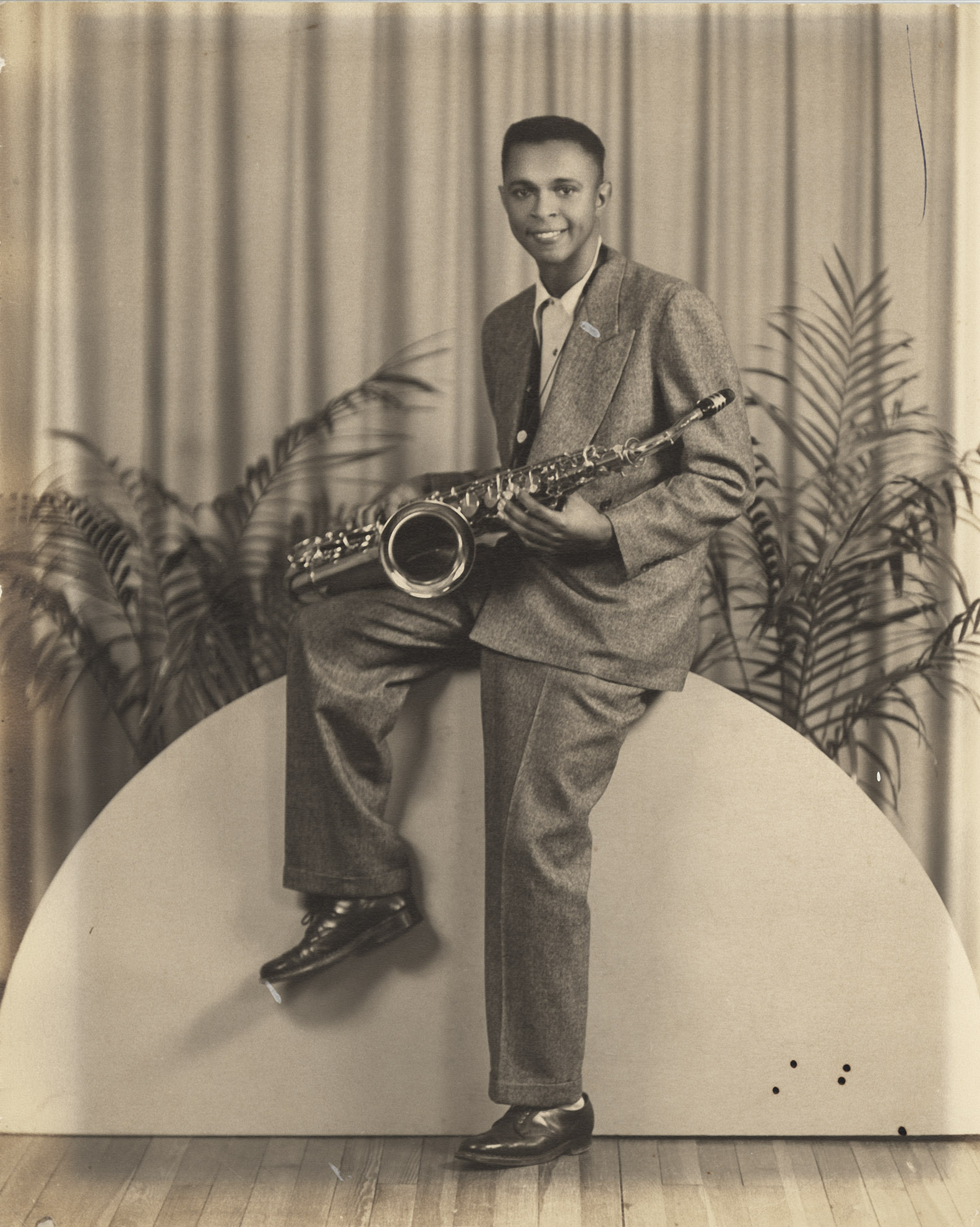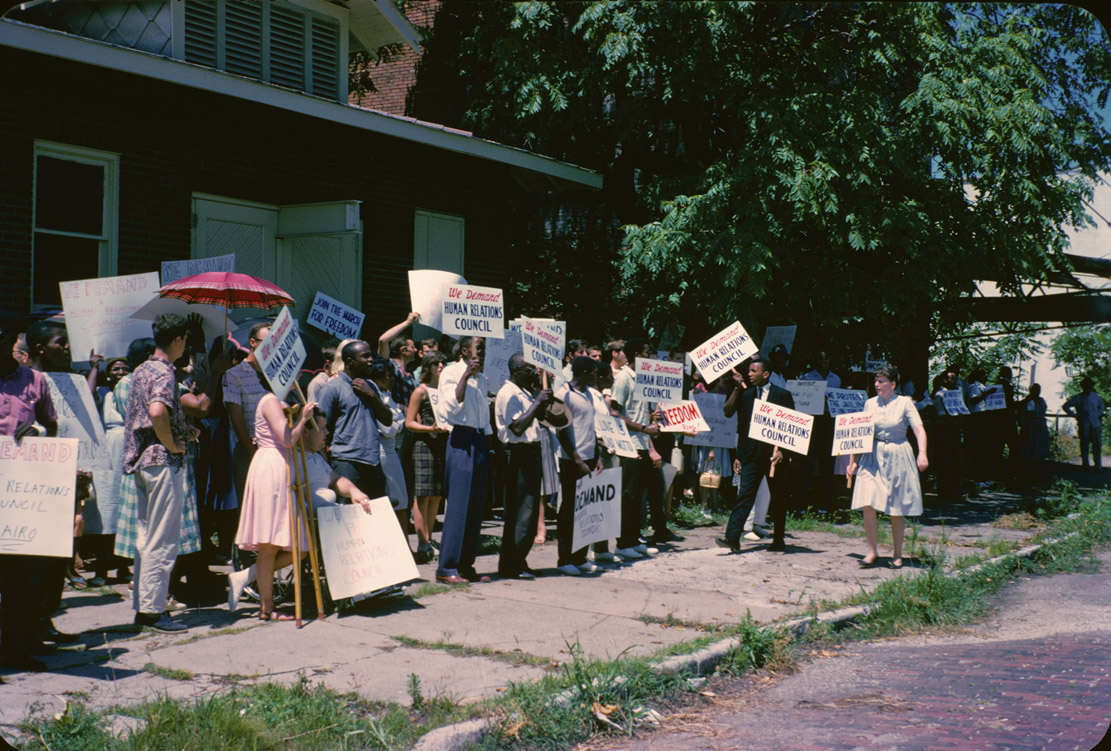Chris O'Carroll and Karen Manners Smith Alternative Communities and Religions Collection
Karen Manners Smith (“Sister Meredith”) and Chris O’Carroll (“Brother Jerome”) were both members of the Process Church of the Final Judgement (Process Church) from 1969-1974. Following their departure from the Process Church, Manners Smith and O’Carroll (then “Charles C. Smith”) moved to Amherst, Massachusetts where O’Carroll worked for The Valley Advocate, the alternative newsweekly and the UMass Magazine in the late 1970s and 1980s.
The Process Church was founded in 1966 by Mary Ann MacLean and Robert de Grimston, former members of Scientology. While it was initially based in the United Kingdom, the Process Church also spread to the United States, where it attracted over one hundred members. In 1972, American poet and singer Ed Sanders published The Family, a memoir accusing the Process Church of working with convicted murderer Charles Manson and the Manson Family. While no connection between the Manson Family and the Process Church was ever officially established during police investigations, the Process Church faced a public decline in reputation. In the late 1970s, the Process Church split, with members loyal to MacLean joining the newly established Foundation Faith of God (“The Foundation”) in 1980. In 1983, the organization rebranded to the Best Friends Animal Society, where it continues to operate in Kanab, Utah, and throughout the United States.
The bulk of this collection is comprised of periodicals and marketing materials, collected by O’Carroll for his research on new religious movements during his time in Amherst, Northampton, and Pelham. Most of the material pertains to the Process Church (including the Foundation Faith of God), though there are also news clippings, magazines and pamphlets about other movements, mostly from new age magazines based in Western Mass as well as materials on Scientology, Ekankar, and Transcendental Meditation. The collection also contains small pamphlets and flyers from various Christian publishing houses, with topics ranging from the dangers of Rock n’ Roll to the Satanic Rules of the Earth.



